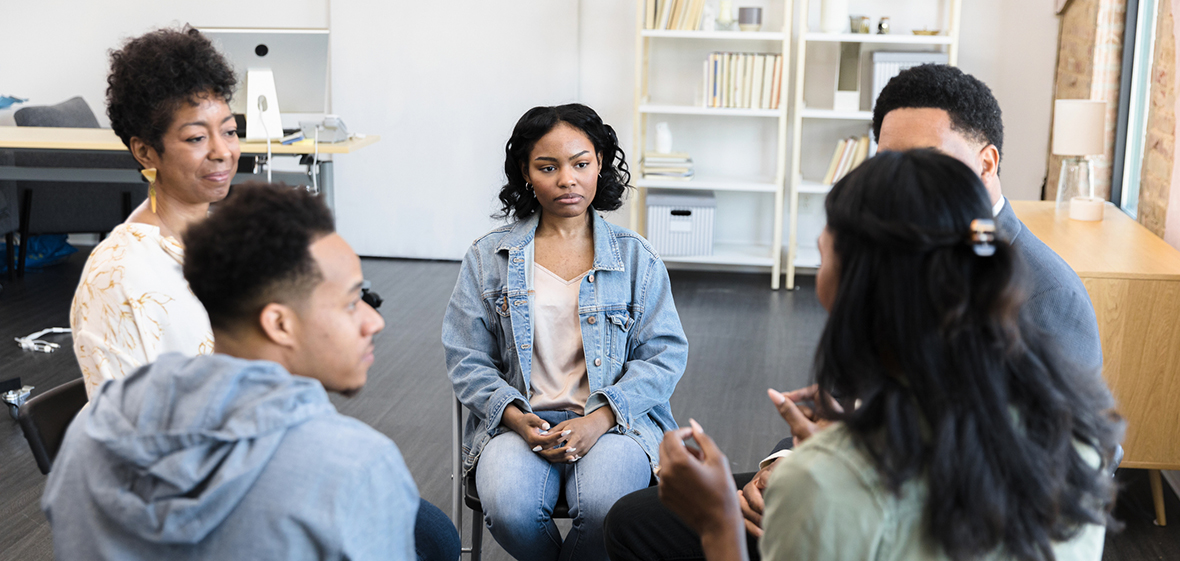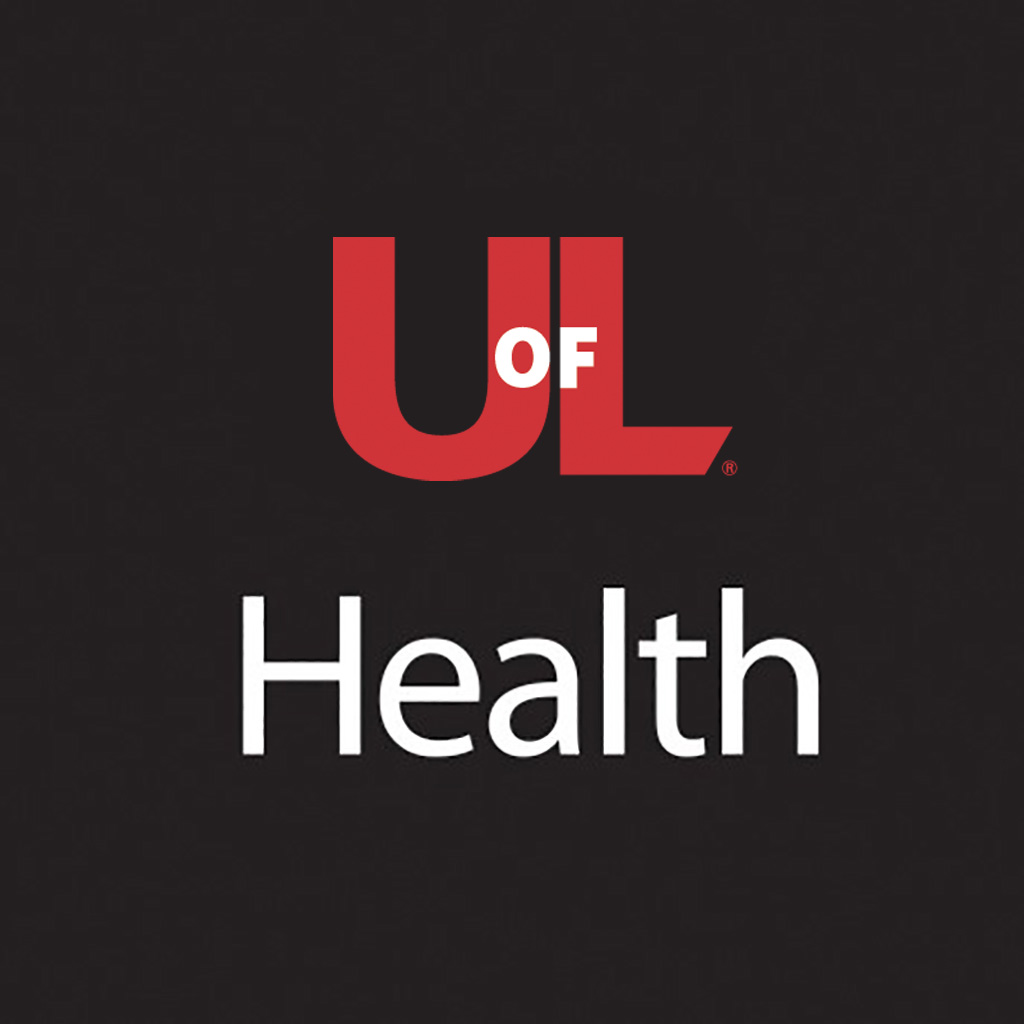
Racial and ethnic minorities in the U.S. face unique challenges when it comes to mental illness.
According to the FDA’s Office of Women’s Health, fewer than half of Black adults received professional care for mental health in 2020. This may partly be because some Black adults have chosen to rely on their peers, family members and the church or other religious or spiritual affiliations for support. Meanwhile, Black females in ninth through 12th grades were 60% more likely to attempt suicide than white females in the same grades in 2019, according to the U.S. Department of Health and Human Services Office of Minority Health.
Mental health disparities affect other minority groups as well. For example, in 2018, Asian Americans were 60% less likely to receive mental health treatment than non-Hispanic whites, according to the Office of Minority Health.
People who live in an area experiencing substantial poverty, violence and crime are more likely to develop mental health conditions.
Mental health includes emotional, mental and social well-being and common mental illness is often associated with depression and anxiety. Other mental health disorders include bipolar disorder, psychosis, schizophrenia and substance use disorders. Mental health disorders can affect your ability to take care of yourself or care for others.
Obstacles include lack of health insurance, less access to treatment and stigma. Stigma around mental health topics and services has unfortunately existed for decades. It is important to have open and honest conversations about mental health to remove the stigma, so that people who are struggling with trauma, abuse, substance use or other mental health conditions can see it is safe to seek help.
Simone Biles, U.S. Olympic gymnast, is a well-known figure in popular culture advocating for mental health. Biles made the decision to pull out of the Tokyo Olympics in 2021 because of a mental block. Today, she continues to talk about her mental health battle as an inspiring advocate for many.
Fortunately, it is getting easier for people to get mental health support. For example, is possible to receive professional support in your home through telehealth or by having a therapist come to your home. This can be particularly helpful if you have transportation issues or if you have children in your care.
I’m Struggling with Mental Health. How Can I Get Help?
If you are struggling with your mental health, know that it is always OK to seek help! Getting help can improve your quality of life.
If you are having thoughts of suicide or if you are in a crisis, dial 988, a free hotline. A trained, compassionate counselor will talk with you and provide resources.
UofL Health – Peace Hospital’s team members attended the Dirt Bowl Aug. 4, 2024. The Dirt Bowl is an annual tradition in the Shawnee neighborhood in Louisville. The Peace Behavioral Health Outreach Department also visits churches and other agencies to let people know how they can access mental health services.
UofL Health – Peace Hospital is open 24 hours a day, seven days a week for no-charge level-of-care assessments. Peace Hospital accepts Medicaid, Medicare, most commercial insurance and self-pay. Financial assistance may be available.
The assessment clinician at Peace Hospital will help you determine what level of care will be most helpful for you, such as:
-
- Partial hospitalization or an intensive outpatient program for children and adults (learn more about UofL Health – Peace Hospital Adult Outpatient Services) and Crossroads.
- Inpatient treatment for substance use detoxification (learn more about UofL Health – Peace Hospital Inpatient Services and UofL Health – Mary & Elizabeth Hospital – Medical Detox)
- Inpatient crisis stabilization for children, adolescents, adults and seniors at Peace Hospital
- Outpatient resources through various community agencies
For more information about Peace Hospital, call 502-451-3333.
Also, PeaceNow is a telebehavioral health clinic collaboration between Peace Hospital and UofL Physicians – Primary Care. PeaceNow has a goal of providing a convenient way for patients to access UofL Health system behavioral health services. For questions about PeaceNow, call 502-588-6449.









